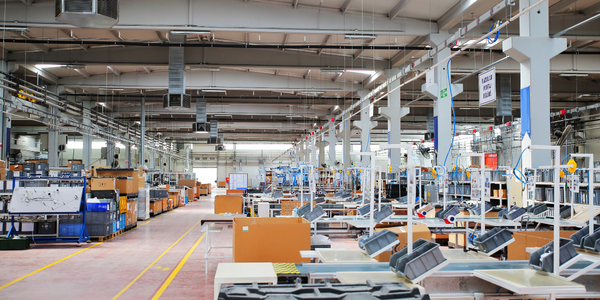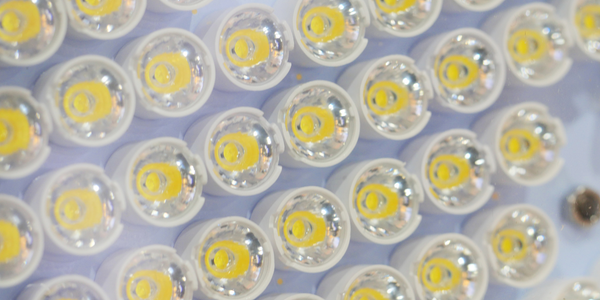Download PDF
Large-Scale Manufacturing

Technology Category
- Analytics & Modeling - Predictive Analytics
- Infrastructure as a Service (IaaS)
Applicable Industries
- Consumer Goods
The Challenge
They did not possess in-house capabilities to enhance their product portfolio with the Internet of Things.
Attempt at a partner ecosystem with wearable startups failed. Those products were neither jewelry nor appealed to the masses as a desired form of fashion.
About The Customer
A Dominant Market Leader in Retail Manufacturing
The Solution
Amyx+ evaluated 1) product enhancement with IoT and 2) analyzed their manufacturing process.
After analyzing their company ethos and brand positioning of their products, Amyx+ recommended an approach that would reinforce their brand emotional identity. All the sensor capabilities, firmware, mobile app, and cloud analytics would need to be aligned to support that strategic goal. Initial communication and sensor capability were developed with supporting mobile app. Amyx+ is currently in the process of implementing the data analytics portion to data visualize predictive data analytics and insights directly to consumers and to the manufacturer.
Amyx+ also evaluated their current manufacturing process that involved tens of thousands of SKUs and analyzed ways to streamline the process, respond faster to changing market demand and lower the per unit cost of the input components. A number of recommendations from 3D printing, vertical integration, and demand-driven product development have been provided.
After analyzing their company ethos and brand positioning of their products, Amyx+ recommended an approach that would reinforce their brand emotional identity. All the sensor capabilities, firmware, mobile app, and cloud analytics would need to be aligned to support that strategic goal. Initial communication and sensor capability were developed with supporting mobile app. Amyx+ is currently in the process of implementing the data analytics portion to data visualize predictive data analytics and insights directly to consumers and to the manufacturer.
Amyx+ also evaluated their current manufacturing process that involved tens of thousands of SKUs and analyzed ways to streamline the process, respond faster to changing market demand and lower the per unit cost of the input components. A number of recommendations from 3D printing, vertical integration, and demand-driven product development have been provided.
Operational Impact
Quantitative Benefit
Related Case Studies.
.png)
Case Study
Improving Vending Machine Profitability with the Internet of Things (IoT)
The vending industry is undergoing a sea change, taking advantage of new technologies to go beyond just delivering snacks to creating a new retail location. Intelligent vending machines can be found in many public locations as well as company facilities, selling different types of goods and services, including even computer accessories, gold bars, tickets, and office supplies. With increasing sophistication, they may also provide time- and location-based data pertaining to sales, inventory, and customer preferences. But at the end of the day, vending machine operators know greater profitability is driven by higher sales and lower operating costs.

Case Study
Series Production with Lot-size-1 Flexibility
Nobilia manufactures customized fitted kitchens with a lot size of 1. They require maximum transparency of tracking design data and individual processing steps so that they can locate a particular piece of kitchen furniture in the sequence of processes.

Case Study
American Eagle Achieves LEED with GE LED Lighting Fixtures
American Eagle Outfitters (AEO) was in the process of building a new distribution center. The AEO facility management team decided to look at alternate options for lighting layout that could provide energy and maintenance savings. AEO would need a full-time maintenance employee just to replace burned-out fluorescent tubes.

Case Study
Revolutionizing Rodent Control
From pet- and child-safe traps, to touch-free and live-catch rodent control solutions, Victor continues to stay committed to producing superior products that meet the varying needs of today’s pest control professionals. And, with a long standing history supporting customers in the food processing, service, and retail settings, Victor knew that strict regulations were costing organizations thousands of dollars in excess overhead trying to manage their rodent-control solutions. Trap inspections in these environments are often difficult and time consuming, requiring personnel to manually check a trap’s status multiple times per day, amounting to over six hours of manual labor. Victor is looking for an innovative way to increase operational efficiencies with the use of technology.






